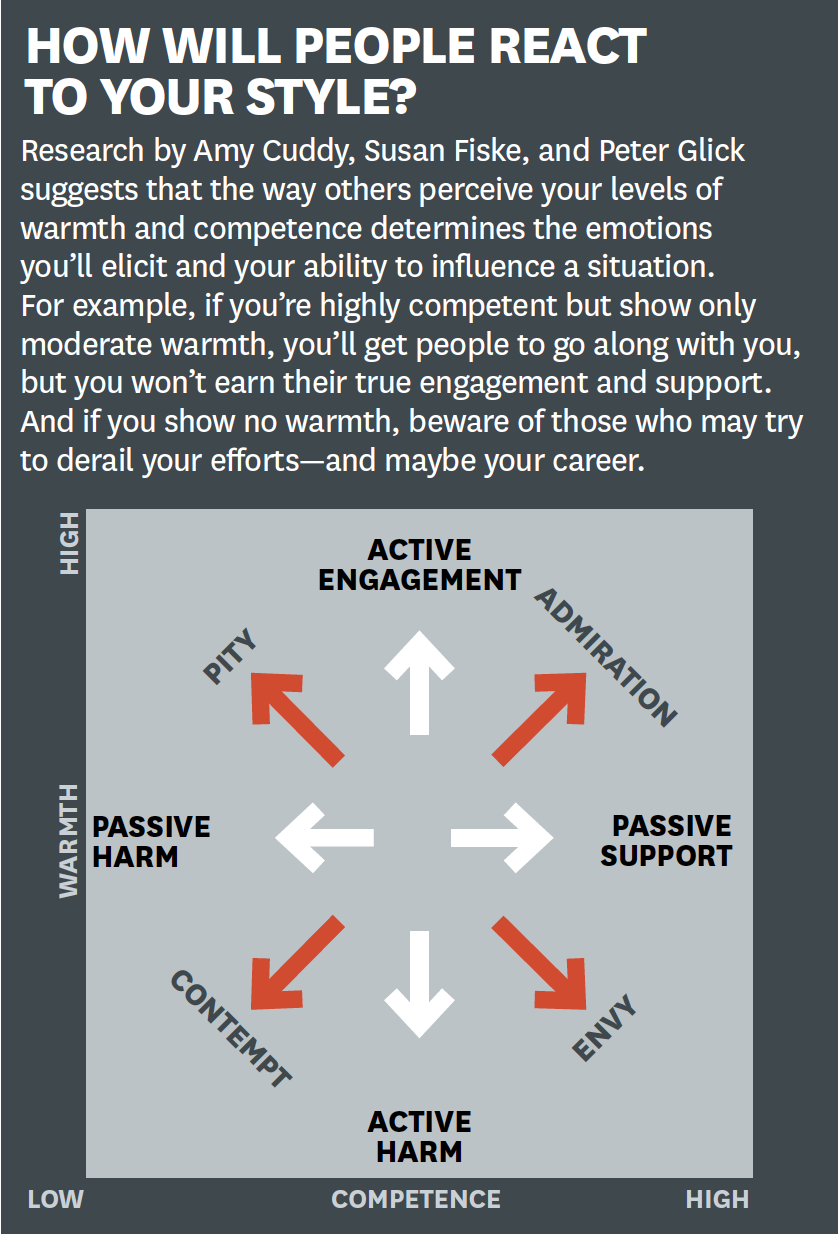Love or Fear
The Concept of Love or Fear is simple and yet it explains so much about how individuals, teams and organizations work together.
Helping a large airline corporate with reorganization right now, I observe the following:
- People fight for ownership - over the tiniest task while hovering over their teams like protective lions
- People crave to shine in front of their bosses - even if it means to backstab someone else
- People hide information - to gain leverage and advantage
It creates massive inefficiencies.
When I am not in the middle of episode 4 season 5 of Airline Game Of Thrones, I ponder over why organizations are sometimes so disfunctional -- especially in crisis.
Fear.
It's mayhem. People are scared that they will lose their jobs. They are scared that responsibilities (or perhaps more accurately: power) get taken away from them or that they may get excluded from important decisions. Put simply, leaders fail to set rules and principles clearly and hence, fear, chaos and uncertainty arise.
I am somtimes struck by how instead of turning towards facing the pandemic in unity, people begin to fight each other. The crisis seems to be of second priority.
Thinking about it, I believe, that at its core, organizations really boil down to two human sentiments: Fear and Love.
In organizations and cultures of fear, people are constantly driven by angst, fearing to do something wrong and having to face repercussions. Collaboration with others is also seen as a way to gain for oneself. Needless to say, it's a culture that hinders creativity and innovation.
I am not saying that a love culture is necessarily the better choice where people put employees' happiness first, where employees may define and pursue their own projects and have loads of coffee chats throughout the day, because I also think that such an organization doesn't necessarily get shit done.
Of course, the answer lies somewhere in between.
If I had to design a performance-driven organization, I would make sure to establish at least four (love) principles:
- Acknowledgement of work - people crave for recognition. I believe a "Thank you", "Great job" and public praise can come a long way
- Choosing good values and living them - sounds so simplistic, but often than not do values end up being a snippet of paper that you give to new hires
- Drawing boundaries - Perhaps at first a bit counterintuitive, but people need rules and boundaries to strive and feel good as they know what they can and cannot do
- Open communication - I know there are things, that are sensitive (ie salaries), but in general I think fostering transparency and honesty is the only way to establish trust
Breaking the Concept of Love or Fear to its atom level - organizations boil down to how its leaders lead and whether they lead by love (=showing warmth) or by fear (=showing competence).
Here is a fantastic HBS research about it. While the research is from 2013, the insights still ring true:
- Leaders that are perceived as competent but lack warmth may elicit envy
- Leaders that are perceived as warm but incompetent elicit pity
Without the foundation of trust, people may follow a competent leader outwardly, but may privately not conform to the values and mission of the organization.
Moreover, a manager that is strongly disliked will hardly ever be considered a good leader. Leaders, that are "too soft" on the other hand, may be "everyone's darling" but may not have authority or get things done.
What leaders do we want to be? Most likely a blend of both...
